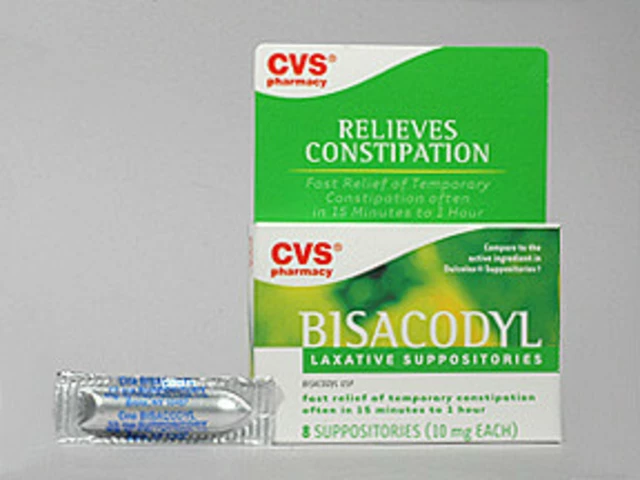Vision problems: how to spot them and what to do next
Blurry vision, double images, or a sudden dark curtain across your sight — these are not normal and deserve quick attention. Some changes are harmless and fix with rest or new glasses. Others need immediate care. This page helps you tell the difference and gives clear steps to protect your sight.
Common signs and what they mean
Watch for these warning signs: sudden loss of vision in one eye, new double vision, flashes of light, a growing shadow in your peripheral vision, or persistent blurriness that doesn’t improve after resting. Mild, short-term blurriness after a long screen session is usually just eye strain. But sudden or worsening problems could mean stroke, retinal detachment, or optic nerve damage — conditions that need fast medical attention.
Slow changes—like needing stronger glasses, trouble reading, or dimmer color perception—often come from cataracts, macular degeneration, or diabetes-related eye disease. Regular eye checks catch these early and help protect long-term vision.
Medicines and vision: what to watch for
Some drugs can harm eyesight. A well-known example is ethambutol (brand name Myambutol), used to treat tuberculosis; it can cause optic nerve damage and color vision loss in some people. If you’re on ethambutol, get baseline and regular eye tests and report any new blurriness or color changes right away. Other medicines, like certain migraine drugs, steroids, or high-dose antihistamines, may also affect vision in rare cases.
On this site you can read our Myambutol guide for details on risks, symptoms to check, and safety tips. We also cover drugs like Depakote and white-flag symptoms to watch for if a medication might be the cause.
If you suspect a medicine is causing vision trouble, don’t stop it on your own. Call your prescriber or eye doctor and explain the symptoms. They can advise whether to pause the drug and arrange urgent testing.
Quick actions that help: cover the affected eye if vision is suddenly lost in one eye, avoid driving, and get medical help fast. For gradual problems, book an eye exam and bring a list of your medicines.
Preventive habits matter. Control blood sugar and blood pressure, wear sunglasses with UV protection, take regular screen breaks (20-20-20 rule: every 20 minutes look 20 feet away for 20 seconds), and eat foods rich in lutein, zeaxanthin, vitamin A, and omega-3s. Smoking raises risk for macular degeneration — quitting helps your eyes.
Need resources? Check our article on Myambutol for drug-specific risks and our general guides on medicines that may affect vision. If something feels off with your sight, act sooner rather than later — vision often responds best to early care.
Acromegaly, a rare hormonal disorder, can have a significant impact on vision. This article guides readers through the relationship between acromegaly and vision issues, offering practical tips and critical information. Learn about the symptoms, diagnosis, and management strategies to protect your eyesight if you or a loved one is affected by acromegaly.
View Details
